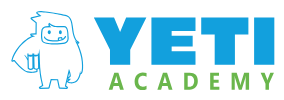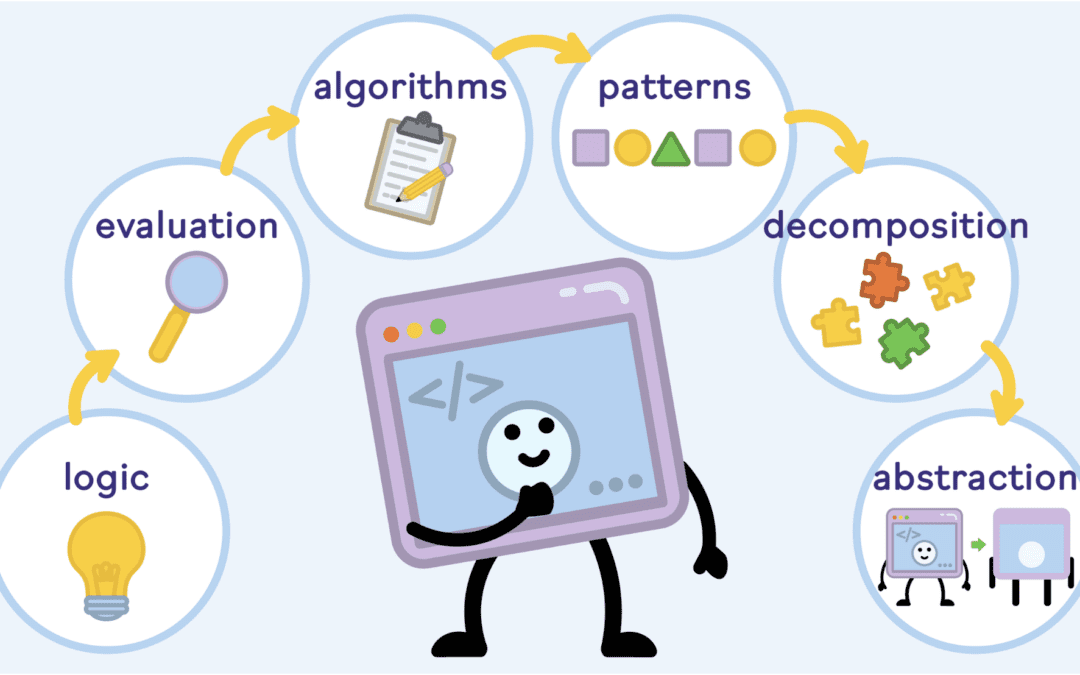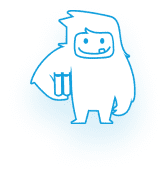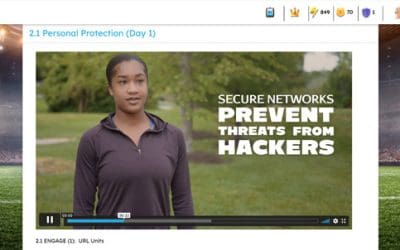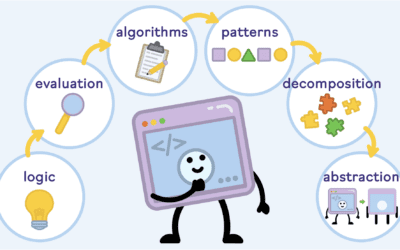
In today’s world, digital literacy is more important than ever. Your students need to learn how to successfully navigate the digital world and stay safe, both inside and outside the classroom. Schools need a curriculum that will help their elementary students become informed digital citizens. Here is how to create a better digital literacy and citizenship program for elementary school.
What is Digital Literacy?
Digital literacy is the ability to safely and effectively use technology. A typical elementary digital literacy curriculum will cover everything from how to use a keyboard and mouse to how to find accurate information, use social media safely, and evaluate any other online content. Digital literacy includes being able to engage critically with what we are exposed to online, from fact-checking websites to leaving responsible digital footprints. To be digitally literate, the student must be able to easily do all of the above and more. It is important to teach young students the whats and hows of the digital landscape so they have the ability to navigate it safely.
What Your Elementary School Digital Literacy Program Should Cover
 Basic Computer Usage: Not every student has the same access to technology at home, so it is important to teach them all the basics of how to use a computer, from the hardware to the digital aspects. Ensure that students not only learn the computer basics, but actively use them so that they don’t forget anything they might need to use later.
Basic Computer Usage: Not every student has the same access to technology at home, so it is important to teach them all the basics of how to use a computer, from the hardware to the digital aspects. Ensure that students not only learn the computer basics, but actively use them so that they don’t forget anything they might need to use later.
Google Workspace Tools: Many places, from schools to corporate offices, use Google Workspace. It’s a go-to platform for creating documents, preparing presentations, making spreadsheets, and much more. Your students will likely use these tools or something similar throughout their academic and professional lives, so it is a good idea to teach them how to use them now.
Plagiarism and Citations: Students need to learn about plagiarism as well as its negative consequences. You don’t want them to accidentally or purposefully plagiarize when they’re doing their assignments. They must understand the difference between copying and pasting and rewriting sentences in their own words. Make sure they understand the importance of citing their sources and giving credit where credit is due.
Online Etiquette: This is very important, especially considering how toxic discussions can get online. Students need to learn that everyone deserves to be treated with respect, whether they are another classmate or a complete stranger online. They also need to be well versed in internet language and what different terms mean, and how to properly use them in the correct circumstances.
Online Safety: Make sure students know upfront to never share personal information online. Sensitive information like passwords should be secure and only known to themselves, their parents, and (in some cases) their teacher. Teach students how to identify scams and cyberbullying and encourage them to notify a responsible adult right away if anything seems wrong.
Evaluating Information: Students should know the difference between a reliable source and an unreliable one. Teach them about biases and how to identify them when conducting research and reading news articles. This includes double checking information with another source and assessing the credibility of individual websites.
Use Yeti Academy to Teach Digital Literacy and Digital Citizenship Skills
Your elementary school digital literacy curriculum should teach kids how to navigate the internet safely and effectively, including how to use common project sharing tools. Yeti Academy has many resources available for educators to teach their students the skills they need to be digitally literate. We have leveled our digital literacy curriculum to make it specific to the needs of your elementary and middle school students. We also have a larger STEM program for young students that includes digital literacy essentials, like Google Workspace training and more. Our program teaches elementary and middle school students all they need to become well-informed digital citizens. Are you interested in supplementing your classroom with Yeti Academy? Sign up today for free!
